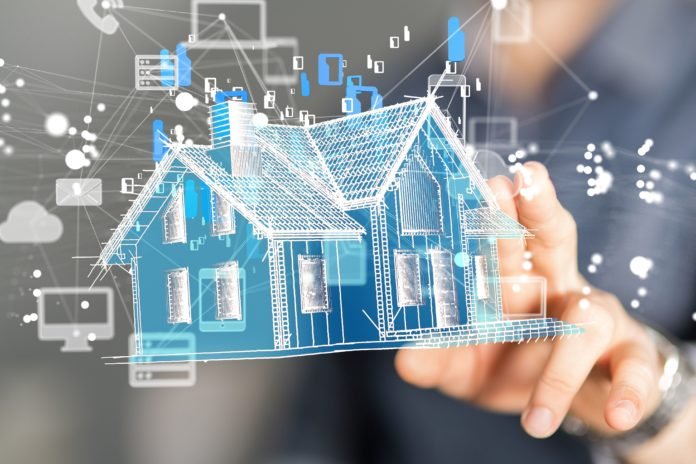Integration of technologies in real estate
The current era of digital transformation is having a profound impact on various industries, and real estate is no exception. The introduction of the latest technology in the real estate industry is leading to a radical change in the way you find, buy and manage real estate. These innovations make an important contribution to improving the efficiency, convenience and security of the real estate market.
Virtual Tours: Open the doors to the world of real estate
One of the key technologies changing real estate is virtual tours. Instead of wasting time physically visiting properties, potential buyers can view them virtually. Virtual tours allow you to immerse yourself in the atmosphere of the property, examine each room and even assess the scale and location of the object. Thanks to this technology, buyers can narrow down their choices and save time by focusing only on the most suitable options.
Artificial Intelligence: Personalized Search Experience
Artificial intelligence (AI) is making a big difference in the real estate market by offering a personalized search experience. With the help of machine learning algorithms, AI can analyze the preferences and needs of the buyer, suggesting the most suitable real estate options. Thanks to this, the search becomes more efficient and convenient, helping clients find the perfect home or commercial property.
Blockchain: Eliminating Trust and Security Issues
Blockchain, the technology behind cryptocurrencies such as Bitcoin, also has the potential to transform the real estate market. One of the main problems in this industry is the lack of trust between the parties to the transaction and the difficulty of confirming ownership. Blockchain can provide transparency, immutability, and data security to eliminate these problems. Thanks to the blockchain, it is possible to create decentralized real estate registries in which each transaction will be securely protected and immutable, which will increase trust between market participants.
Internet of Things: Smart Homes and Property Management
With the development of the Internet of Things (IoT), real estate is becoming “smart”. Devices connected to the network can exchange data and perform various functions, improving the comfort and safety of living. Smart homes allow owners to control lighting, heating, security and other aspects of a property remotely using mobile apps. In addition, IoT can be applied to efficiently manage multi-family buildings and commercial properties, optimizing energy and maintenance costs.
The Future of Real Estate: Innovations and Challenges
The transition to the digital age has brought many innovations to the real estate market. However, along with the benefits, there are also new challenges. Cybersecurity is becoming increasingly important as digital data and transactions are at risk of hacker attacks. In addition, there is a need to develop uniform standards and rules for the use of new technologies in real estate. Regulators and industry experts must work together to create a balanced and managed digital environment. In the future, real estate is expected to be fully integrated into the digital environment, where technology will play a key role in managing and optimizing properties. Data analytics will allow predicting demand and suggesting solutions for the optimal use of real estate. Robotization and automation will be used to perform routine maintenance and repair tasks. Virtual and augmented reality will allow buyers and renters to interact with real estate on a deeper level and make informed decisions.
Conclusion
The transition to the digital age is leading to revolutionary changes in the real estate market. Innovative technologies such as virtual tours, artificial intelligence, blockchain and the Internet of Things are opening up new opportunities to improve efficiency, convenience and security in real estate. However, it is necessary to take into account the challenges associated with cybersecurity and the need to develop uniform standards. In order to successfully adapt to the digital era, real estate market participants must be ready for constant change and invest in technological solutions. Regulators and industry experts should also actively collaborate to create a sustainable and transparent digital environment that will help develop the real estate market and meet customer needs. The transition to the digital age is inevitable.












